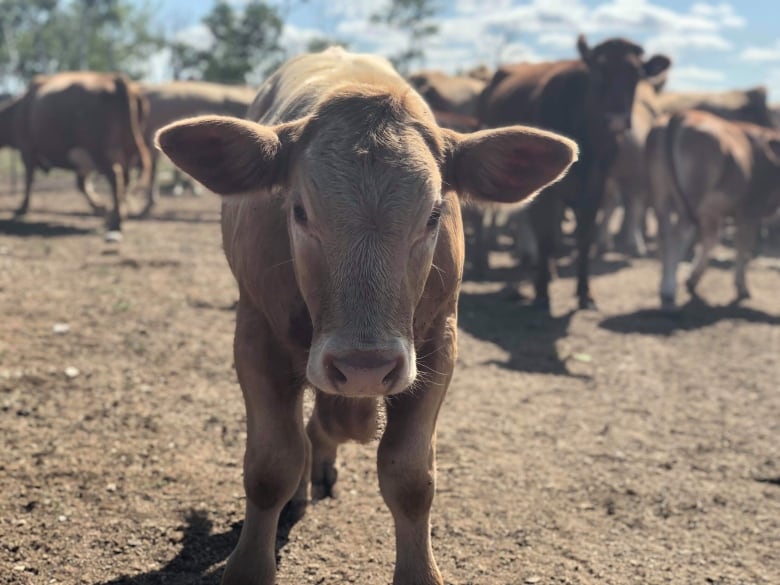Canada unveils greenhouse gas reduction credits to boost carbon trading market
March 12, 2021

Patrick Foucault/Radio-Canada)
Canada released draft regulations on Friday aimed at stimulating domestic carbon credit trading, part of the federal government’s push to curb emissions of climate-warming greenhouse gases
by Nia Williams – Reuters
Canada, the world’s fourth-largest oil producer and one of the highest greenhouse gas (GHG) emitters on a per capita basis, has committed to reducing emissions by 2030 to 30% lower than 2005 levels. It is targeting net-zero emissions by 2050.
The new Federal GHG Offset System is designed to support a domestic carbon trading market. Projects that reduce or remove GHGs can generate credits and sell them to industrial facilities – such as cement works or refineries – that exceed emissions limits determined under Canada’s carbon tax.
“If we want to encourage climate action in agriculture or forestry, let’s do that directly rather than turning the work of farmers and forest protectors into a get-out-of-jail-free card for oil and coal companies”
Posted in Politics & Science












